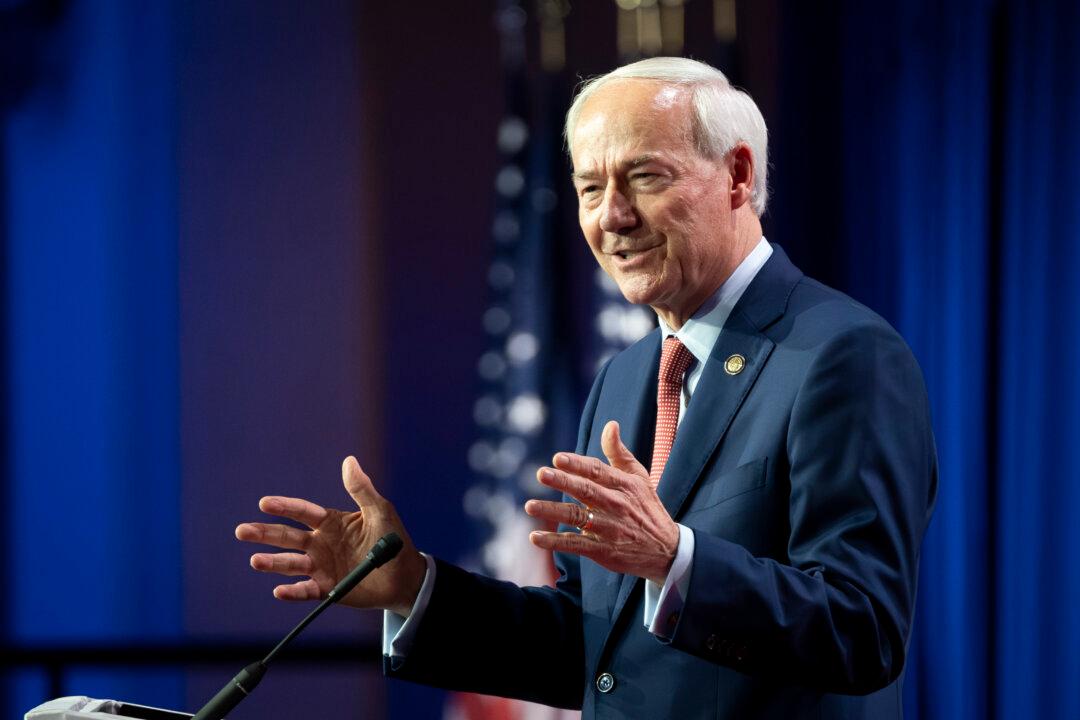The embattled Federal Bureau of Investigation has both an advocate and a critic in presidential candidate Asa Hutchinson. The former Arkansas governor unveiled a plan to refocus the mission of the FBI and reform its culture to increase the protection of civil liberties.
“I’m calling for reform of the FBI that provides more focus, more accountability, and a deeper commitment to civil liberties,” Mr. Hutchinson said in remarks delivered at the U.S. Chamber of Commerce in Washington on July 17.





